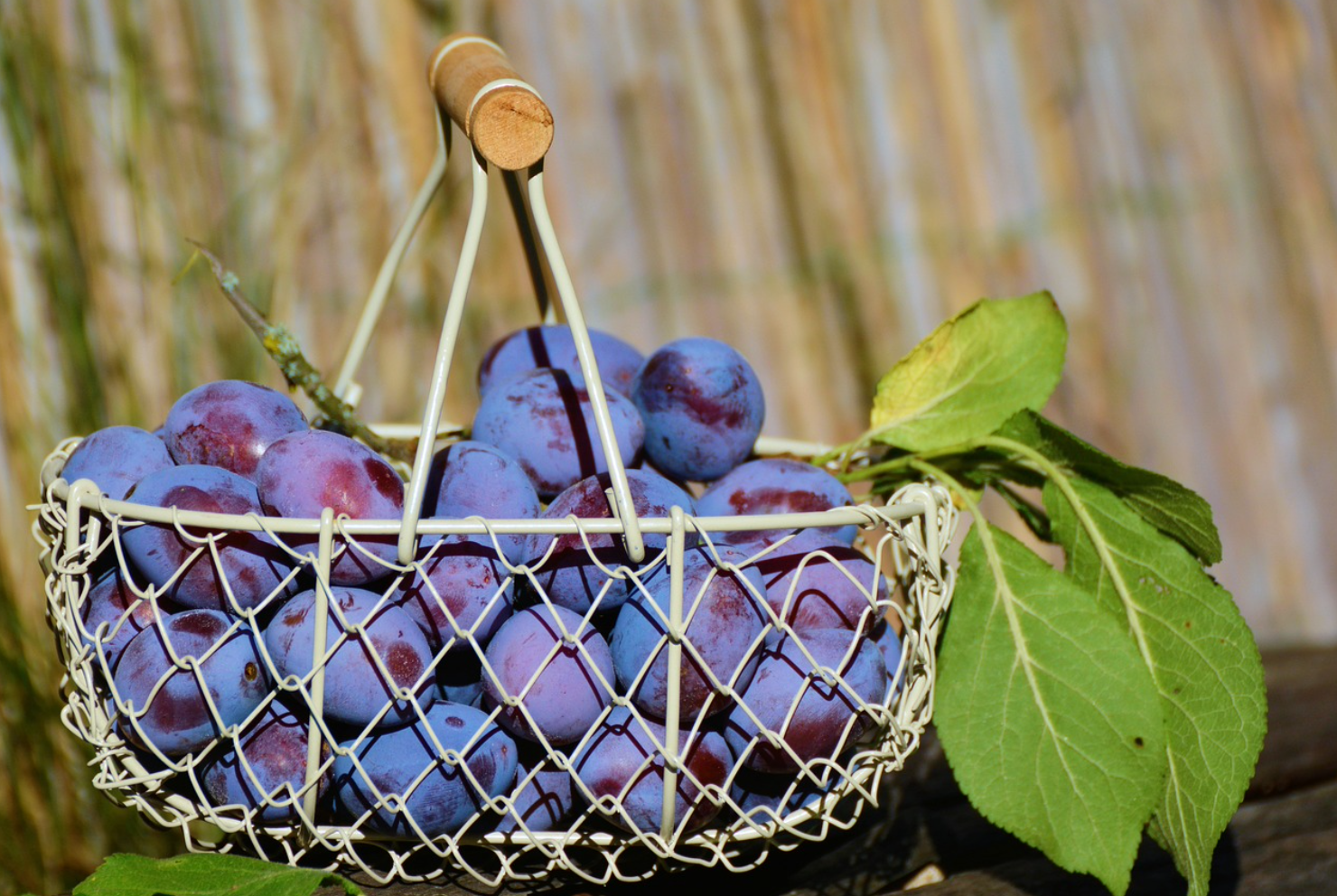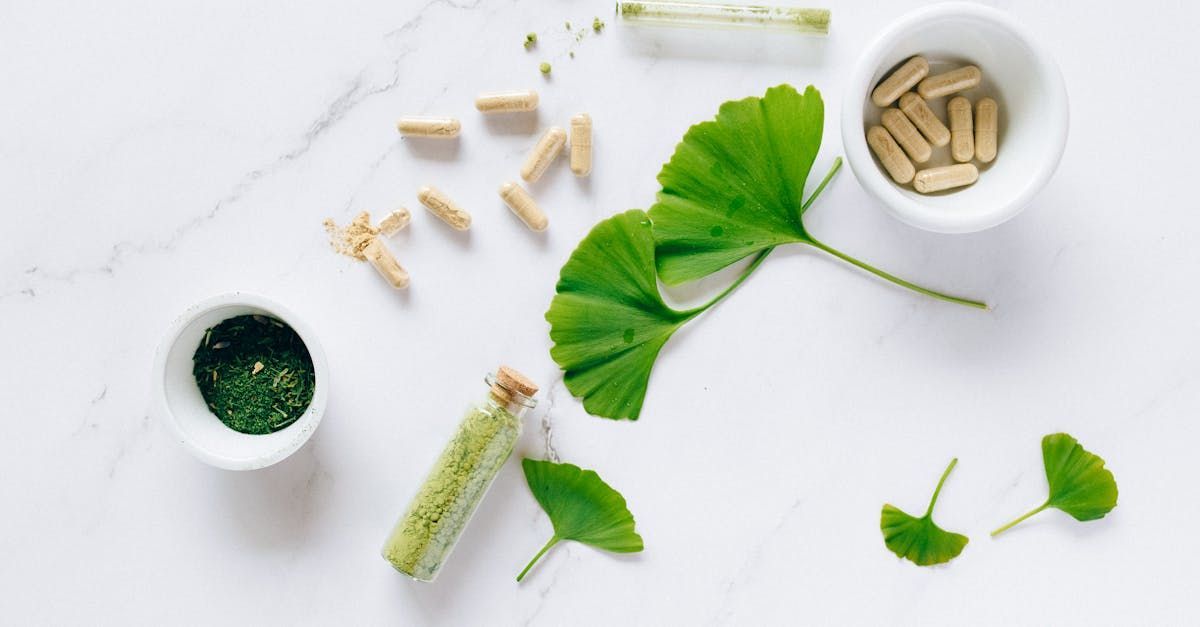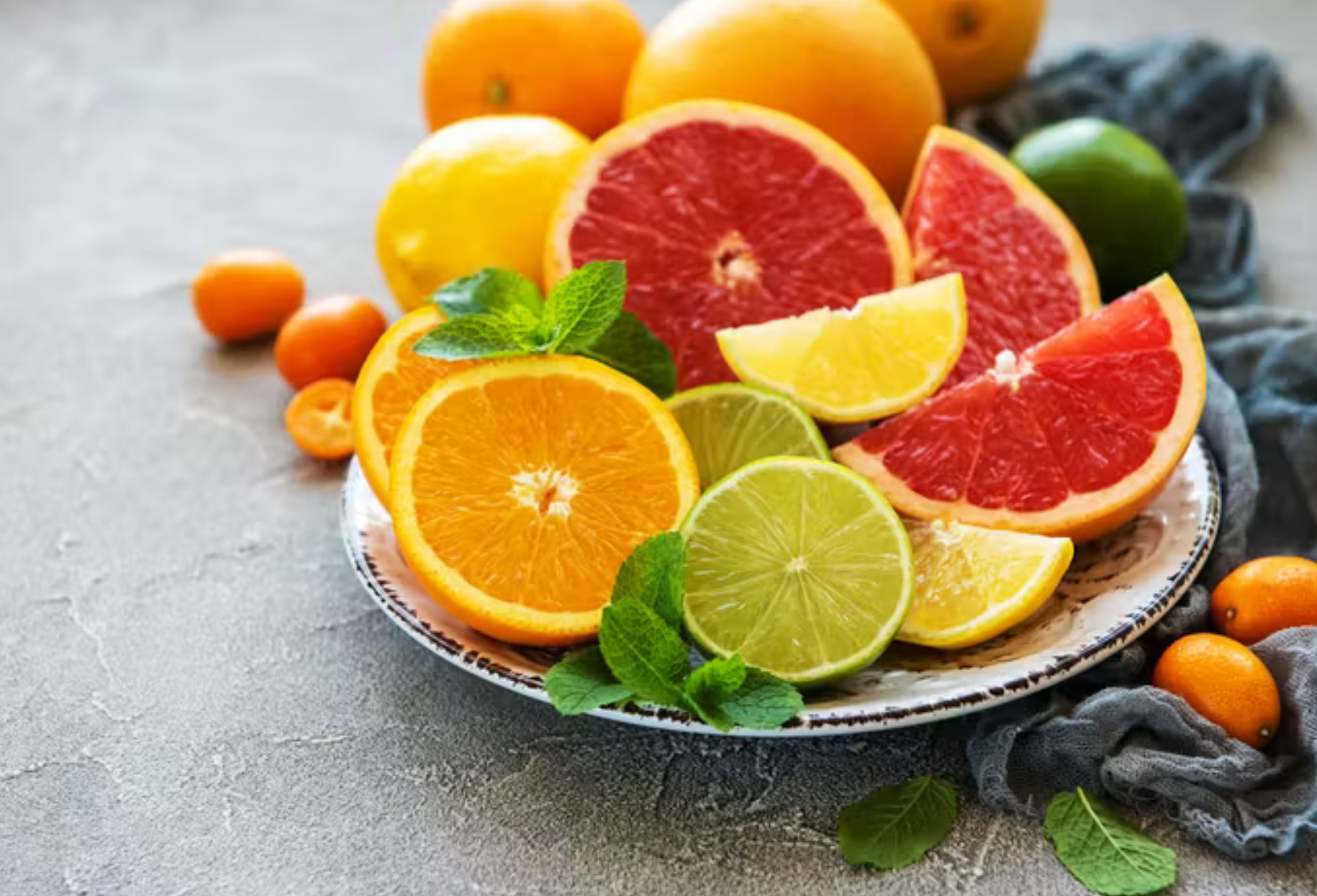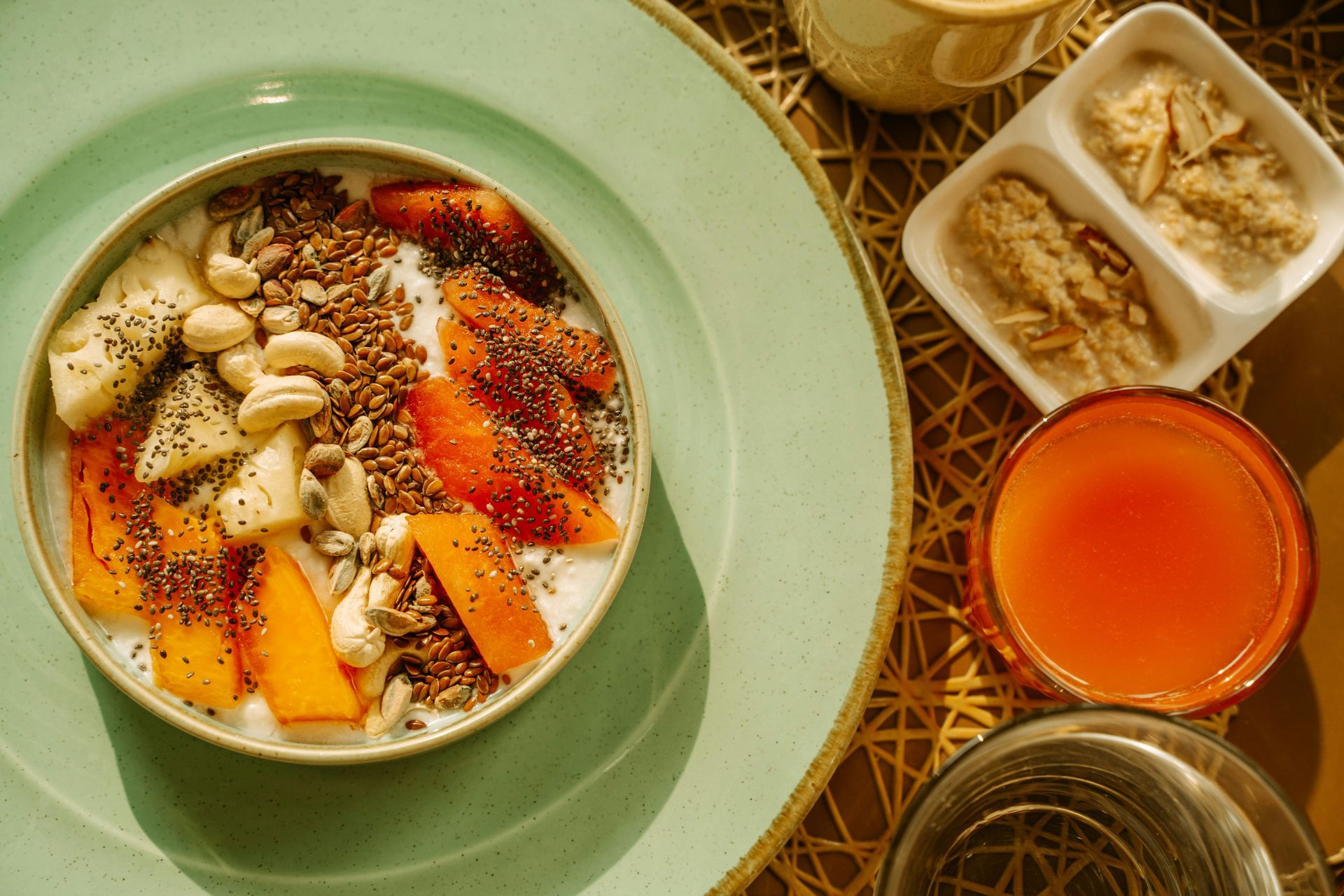Rethinking Vitamins - Why your body needs more than a multivitamin mindset.

Many people reach for supplements now, but here’s the truth:
Vitamins should come first from real food.
Supplements are there to fill a gap — not replace nourishment. Before adding anything new, it’s best to test your levels and know what your body truly needs. Let’s have a look at what each vitamin actually does — and where to find it in your diet.*
Vitamin D — not a vitamin, but a hormone
Regulates over 1,000 genes, including mood and immune balance.
Low levels = 40% higher fatigue and low mood.
🪴 Food sources:
- Oily fish (salmon, sardines, mackerel)
- Egg yolks
- Fortified dairy or plant milks
- Mushrooms exposed to sunlight
Tip: Sunlight on skin remains the best source — just 15–20 minutes daily when possible.
B12 — brain insulation, not energy
Rebuilds the myelin sheath, protecting your nerves and cognitive speed.
Low levels can slow thinking by up to 30%.
🥩 Food sources:
- Meat, poultry, and fish
- Eggs
- Dairy products
- Nutritional yeast (for plant-based eaters)
Vitamin C — your repair worker
Builds collagen and elastin, strengthens blood vessels, and speeds healing by 40%.
🍓 Food sources:
- Citrus fruits
- Kiwi, strawberries, bell peppers
- Broccoli, kale, and parsley
Tip: Fresh is best — vitamin C breaks down with heat and time.
Vitamin K2 — calcium’s GPS
Directs calcium to bones (not arteries), lowering calcification risk.
🧀 Food sources:
- Fermented foods (natto, sauerkraut)
- Aged cheeses
- Egg yolks
- Grass-fed butter

Vitamin A — immune regulation
Balances your immune response so it’s neither too weak nor too reactive.
🥕 Food sources:
- Carrots, pumpkin, and sweet potatoes (beta-carotene)
- Liver and egg yolks (preformed vitamin A)
- Leafy greens
Vitamin E — the cell protector
Shields cells from oxidative stress and supports heart health.
🌰 Food sources:
- Nuts (almonds, hazelnuts)
- Seeds (sunflower, pumpkin)
- Avocado
- Olive oil
Vitamin B6 — mood and neurotransmitter support
Helps produce serotonin (your calm hormone).
Deficiency can raise anxiety by 35%.
🥦 Food sources:
- Bananas
- Potatoes and chickpeas
- Poultry and fish
- Whole grains
Folate (B9) — DNA repair and renewal
Essential for cell growth, tissue repair, and methylation.
🥬 Food sources:
- Leafy greens (spinach, kale)
- Lentils, beans, and asparagus
- Avocado and citrus
B1 (Thiamine) — energy metabolism
Converts carbs into cellular energy (ATP).
🌾 Food sources:
- Whole grains and brown rice
- Legumes
- Nuts and seeds
- Pork and trout
*
All information shared here is grounded in current scientific research and meant for educational purposes only. It’s not a substitute for medical advice, so check in with your healthcare provider before making changes to your supplement routine.
💡 Takeaway:
Food First, always. Let’s be honest — nature usually knows what it’s doing. Whole foods give you vitamins and all the extras your body needs to put them to work. Supplements are great backup when you’ve tested and know what’s missing, but real food should always come first.
Want to know which vitamins your body truly needs right now?
Personalized nutrient testing helps you target what matters — not guess.
→ Book your Bio-Well Scan / Schedule a Nutrient Analysis




